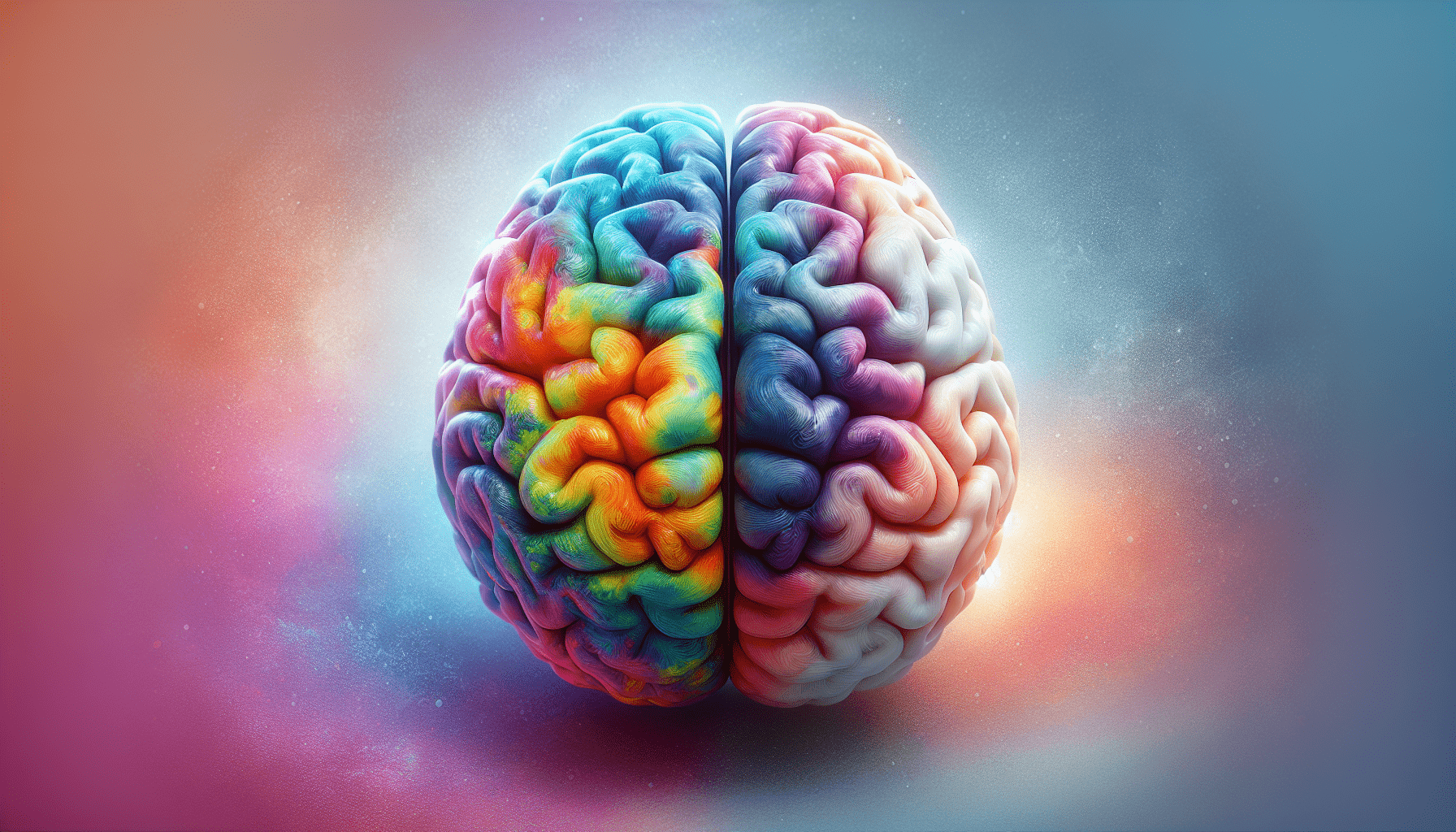Have you ever wondered why some people seem more vulnerable to cognitive decline than others? It's a question that puzzles researchers and those in the general public alike. Cognitive decline is not just about memory loss; it involves a range of thinking skills like problem-solving, language abilities, and attention span. Why do these skills deteriorate more rapidly in some individuals while others remain sharp well into their later years?
Understanding Cognitive Decline
Cognitive decline is a reduction in cognitive abilities, including memory and thinking skills. It's a concern not only because it affects the quality of life but also because it may signal the onset of conditions like Alzheimer's disease or other dementias. While some cognitive decline is a normal part of aging, significant or rapid decline is not.
Types of Cognitive Decline
Let's break down cognitive decline into some basic types:
- Mild Cognitive Impairment (MCI): This stage involves a noticeable decline in cognitive abilities, but not severe enough to interfere significantly with daily life or activities.
- Dementia: This is a more severe form of cognitive decline that dramatically affects everyday functioning. Alzheimer's disease is the most common type of dementia.
Understanding the nuances between these can help us identify the problem early on and manage it better.
Risk Factors
So, who is more prone to cognitive decline? The answer is complex, involving a mix of genetic, lifestyle, and environmental factors. Here are some of the most significant risk factors.
Genetic Influences
Genetics play a critical role in determining susceptibility to cognitive decline. Specific genes, such as the APOE-e4 allele, have been strongly linked to an increased risk of Alzheimer's disease. However, having this gene does not mean you will definitely develop cognitive decline; it merely increases the risk.
Family History
Your family history can provide clues about your own risk level. If your parents or siblings have experienced cognitive decline, your risk is higher.
Lifestyle Factors
Lifestyle choices significantly impact cognitive health. Factors like diet, exercise, intellectual engagement, and social activities can either protect against or accelerate cognitive decline.
Diet
What you eat matters. Diets high in saturated fats and sugars can increase the risk of cognitive decline, while diets rich in fruits, vegetables, and lean proteins can offer protection. The Mediterranean diet, for instance, has been shown to support brain health.
| Diet Type | Risk of Cognitive Decline | Protective Factors |
|---|---|---|
| High Saturated Fats | Increased | |
| Mediterranean Diet | Decreased | Rich in fruits, vegetables, and healthy fats |
Physical Exercise
Regular physical exercise is not just good for the body; it’s good for the brain too. Exercise increases blood flow, which improves brain function and may even promote the growth of new brain cells.
Intellectual Engagement
Your brain needs regular exercise just like your body. Activities like reading, puzzles, and learning new skills can keep your brain sharp. Intellectual engagement has been shown to decrease the risk of cognitive decline.
Environmental Factors
Environmental factors also play a role in cognitive health. Exposure to pollutants, toxins, or even chronic stress can negatively impact your cognitive abilities.
Social Engagement
Isolation and loneliness are risk factors for cognitive decline. Staying socially active can help keep your brain healthy. Engaging in community activities, maintaining friendships, and being part of social networks can protect against cognitive decline and improve overall well-being.
Early Detection
Early detection of cognitive decline is crucial for effective management. Regular cognitive assessments can help identify early signs and allow for lifestyle changes or medical interventions to slow the progression.
Cognitive Assessments
There are different kinds of tests used to assess cognitive function. These can range from simple memory quizzes to more comprehensive neuropsychological evaluations. Early detection often involves tracking changes over time to see if there's a consistent decline.
| Assessment Type | Description |
|---|---|
| Memory Quizzes | Simple tests focusing on memory recall |
| Neuropsychological Evaluation | Comprehensive analysis of various cognitive functions |
Coping Strategies
If you or someone close to you is experiencing cognitive decline, there are strategies to manage the condition and improve quality of life.
Medical Interventions
There are medications available that can help manage symptoms of cognitive decline, especially in conditions like Alzheimer's disease. These medications cannot cure the condition but can slow its progression.
Lifestyle Adjustments
Making changes in daily life can also help. A balanced diet, regular physical and mental exercise, and maintaining social interactions can all contribute to better cognitive health.
Routine and Structure
Establishing a routine can provide stability and make it easier to manage daily activities. Routines can also help those with cognitive decline remember essential tasks.
Support Systems
Emotional support from friends, family, and support groups can make a significant difference. Just knowing you’re not alone can provide enormous comfort and encouragement.

Ongoing Research
Ongoing research is critical to understanding and eventually preventing cognitive decline. Scientists are continually investigating the causes, identifying new risk factors, and developing new interventions.
Current Studies
Current research areas include the role of inflammation in cognitive decline, how lifestyle changes can influence brain health, and the impact of new medications.
Future Directions
The future of cognitive health research looks promising. Advances in genetics, neuroimaging, and biotechnology hold the potential to dramatically improve our understanding and treatment of cognitive decline.

Conclusion
Cognitive decline is a complex condition influenced by a multitude of factors. By understanding your own risk factors and taking proactive steps to maintain cognitive health, you can significantly affect your own outcomes. Whether through lifestyle changes, medical interventions, or ongoing research, there are numerous ways to combat and manage cognitive decline effectively.
So, are some people more prone to cognitive decline than others? The answer is yes, but recognizing the risk factors and taking steps to mitigate them can make all the difference. Remember, maintaining a healthy lifestyle, staying intellectually and socially engaged, and keeping up with regular medical check-ups can all contribute to better cognitive health. You have more control than you might think.



